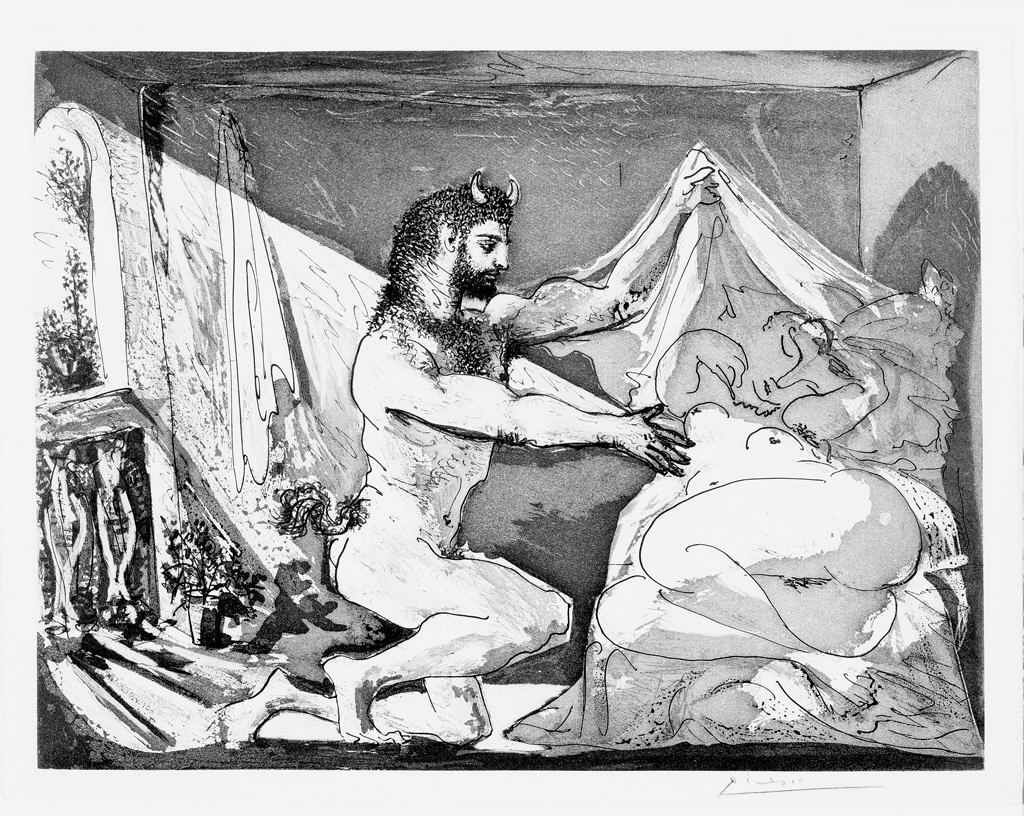I didn't hear from a single Trump supporter during my entire trip to the United States, though Trump will most likely win in South Carolina and has a good chance of winning in North Carolina. That only means that I didn't talk to a lot of strangers beyond asking directions or ordering a meal in a restaurant.
For a reader of Herodotus, Trump is nothing new. The Histories are full of ambitious and cynical men, motivated mainly by self-interest and greed. Indeed, the cruel violence and amorality of the world he describes are appalling. Here, in a passage chosen essentially at random, is the way the Scythians purportedly put false soothsayers to death:
For a reader of Herodotus, Trump is nothing new. The Histories are full of ambitious and cynical men, motivated mainly by self-interest and greed. Indeed, the cruel violence and amorality of the world he describes are appalling. Here, in a passage chosen essentially at random, is the way the Scythians purportedly put false soothsayers to death:
The mode of their execution is the following: a waggon is loaded with brushwood, and oxen are harnessed to it; the soothsayers, with their feet tied together, their hands bound behind their backs, and their mouths gagged, are thrust into the midst of the brushwood; finally the wood is set alight, and the oxen, being startled, are made to rush off with the waggon. It often happens that the oxen and the soothsayers are both consumed together, but sometimes the pole of the waggon is burnt through, and the oxen escape with a scorching.
Clearly Herodotus delights in describing the ritual cruelty of the Scythians, but cruelty in war is the order of the day:
The Carthaginians and Tyrrhenians, who had got into their hands many more than the Phocaeans from among the crews of the forty vessels that were destroyed, landed their captives upon the coast after the fight, and stoned them all to death.
Warefare is constant in the world Herodotus describes, often for the personal ambition of kings, and equally because of remembered slights, insults, and dirty tricks. Women are seldom more than chattels, taken whenever a man in power pleases. There seems to be very little of what we call morality, though occasionally people give wise speeches:
Amasis to Polycrates thus sayeth: It is a pleasure to hear of a friend and ally prospering, but thy exceeding prosperity does not cause me joy, forasmuch as I know that the gods are envious. My wish for myself and for those whom I love is to be now successful, and now to meet with a check; thus passing through life amid alternate good and ill, rather than with perpetual good fortune. For never yet did I hear tell of any one succeeding in all his undertakings, who did not meet with calamity at last, and come to utter ruin.
Herodotus seldom expresses approval or disapproval of the people he describes and their actions. He is clearly a Greek patriot, proud of the Greek victory over the Persians, but he doesn't make the Persians out to be such awful people.
He is not a writer with illusions about human nature.















